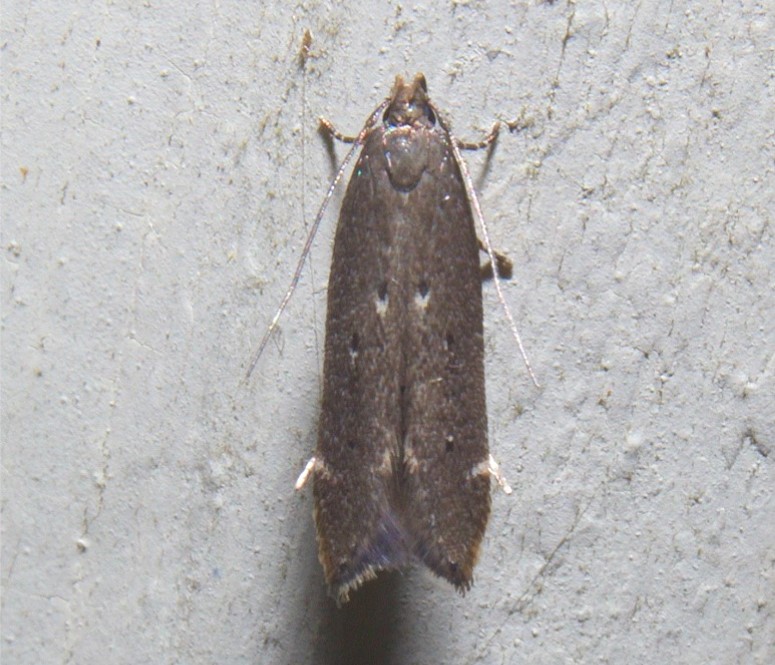ECOLOGY ▪ EDUCATION ▪ ADVOCACY







Perimede: Combines the Greek words peri, meaning “around” or “about,” with medea, meaning “crafty” or “cunning.” The name Perimede was used in Greek mythology often for females that were sorcerers, witches, or troublemakers.
peer-uh-mee-dee
Perimede is a small genus of moths in the subfamily Chrysopeleiinae.
| Distribution of Genus Perimede | ||||
| Taxonomic Level | Worldwide | North America | Midwestern USA | Indiana |
|---|---|---|---|---|
| Species | ~15 | 13 | 7 | 7 |
This map shows the confirmed sightings of the genus Perimede Indiana. All sightings were confirmed through photographic documentation by individuals who contributed to the Great American IN Nature Lepidoptera Project (GAIN LP).
 |
GAIN LP documented in county. |
Contained below are individual sightings of Perimede that are only identifiable to genus level.
Perimede ricina courtesy of Brain Lowry.